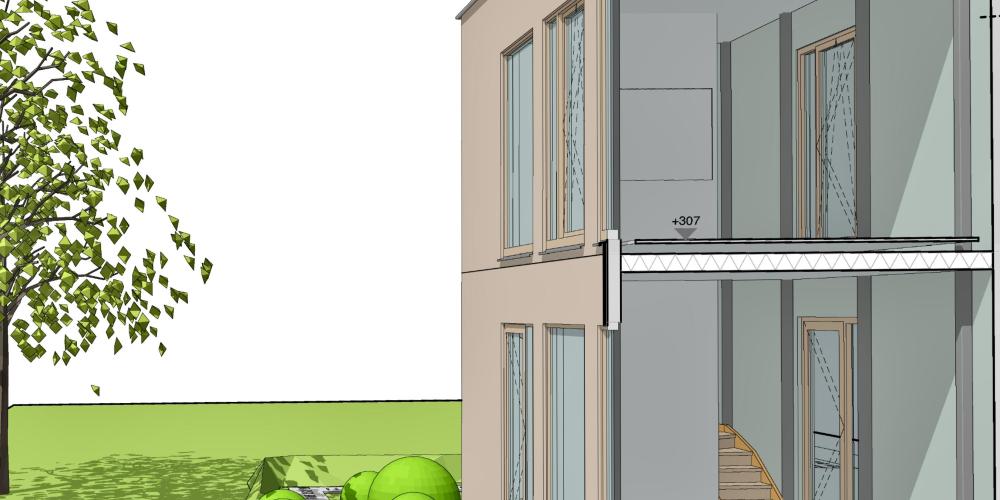
The European construction sector faces a dual challenge: drastically reducing CO₂ emissions and shifting towards more sustainable resource use. Within the Horizon Europe project RECONSTRUCT, 14 partners from five EU countries and the UK are joining forces to fundamentally rethink the sector. RECONSTRUCT develops digital tools and tests practice-oriented strategies to make circular construction both feasible and scalable. To mark the official launch, two events are being held: one in Barcelona on 23 May at ITeC, the Spanish partner in the project, and another on 6 June in Brussels.
Running from 2023 to 2027, the RECONSTRUCT project sets ambitious goals: buildings that use 50% fewer virgin materials, consist of 80% reusable or recyclable components, rely almost entirely on locally available resources, and send zero construction and demolition waste to landfill. “The traditional linear model of build-and-demolish is economically inefficient and ecologically unsustainable,” says Laura Reus, coordinator of the RECONSTRUCT hubs. “We are looking for ways to break that cycle, with practical tools that can be used at every stage of the construction chain.”
As part of the project, regional Circular Construction Hubs are being established in Barcelona and Brussels. These hubs serve as local networks where actors across the value chain—designers, contractors, policymakers, and material producers—share knowledge and test digital applications. The focus lies on the use of concrete. “We must stop treating concrete as a disposable material,” says Jeroen Poppe of the Architectural Engineering group at VUB.
“We want it to be rethinkable, reusable, and traceable. That also means rethinking how concrete buildings are constructed. The traditional method—casting a single massive structure—hardly allows for reuse. RECONSTRUCT aims to replace that with prefabricated modules that function like building blocks: easy to assemble and dismantle.”
In addition to physical components, RECONSTRUCT invests heavily in digital tools. Material passports, BIM models, and digital twins are used to track resources throughout their full life cycle. This should lead to better waste management and traceable, circular material flows.
In both Barcelona and Belgium—where the site is located at the Green Energy Park in Zellik—a fully recyclable demonstration building will be constructed. “Building permit applications have already been submitted,” confirms Poppe. “A Dutch partner is currently manufacturing the panels.”
“True circular construction can only succeed if all parties understand their role, their data, and their impact,” says Ilse Van den Borre of Green Energy Park.
“RECONSTRUCT provides the tools to make that possible.”
The strength of RECONSTRUCT lies in its combination of local anchoring and European collaboration. By linking pilot projects to digital workflows and standardised formats, the project aims to create a model that can be replicated in other regions. It positions itself as a frontrunner in the transition towards a circular, data-driven construction sector—one that minimises waste and prioritises collaboration.
📅 Programme and registration for the event:
https://www.greenenergypark.be/evenement/reconstruct-belgian-hub-kick-off/
📨 Coordinator Belgian stakeholder hub:
ilse.vandenborre@greenenergypark.be
🌐 More about the project:
https://reconstruct-project.eu